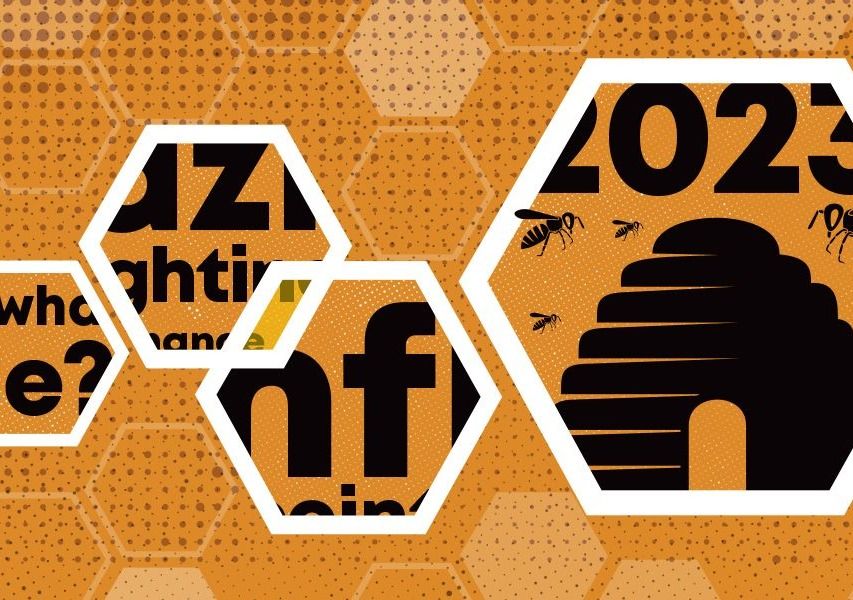New year, new me. New Year’s resolutions. Grind harder. Insert inspirational phrase here.
We’ve heard it all before. 2023 has arrived, the Earth continues to turn, and the Colts still haven’t drafted another franchise quarterback, but we digress.
Instead of giving you a lengthy diatribe on all the things you need to change or do to be successful in your marketing space, we’re going to talk about something that you can undertake on your own for free: Stop using buzzwords.
What is a “Buzzword?”
First, a side note – sometimes you need to use buzzwords, but that doesn’t make this post provocative, so allow us to make our point.
At the end of each year, Lake Superior State University releases its “Banished Words List.” The most recent nominees include “GOAT,” “inflection point,” and “quiet quitting.” These are words that are not only overused to the point of being annoying (measured by people near Lake Superior, we presume), but are misused continually in the wrong context.
So, we thought we’d make our own quick list of words that need to be yeeted into oblivion and disappear from the lexicon of not just marketers but your business as well. Also, planet Earth if at all possible.
Essentially, “buzzwords” are thrown around in an attempt to sound more well-versed on a topic.
Or an attempt to sound smarter.
1. Conceptualized Messaging:
Ooooh fancy. In our industry, when we hear this, we choke slightly. It has a very Matrix-like feel to it, which started out fine but went too far. In theory, all messages are conceptualized because conceptualizing means, in plain language, “to come up with something.”
What it means
Instead of trying to be “conceptual”, talk to your consumers in a language they can understand. Try to personalize the messaging to the community you fit into as much as you can to form a feeling of connection with your brand or community.
2. Synergy:
Did anyone else watch the 80s cartoon show, “Jem and the Holograms?” A key plot point involves a supercomputer named “Synergy,” which created sophisticated holographic projections to turn Jerrica Benton and her friends into Jem and the Holograms.
Beyond that, this word creeps into the vernacular when discussing meetings and different teams working together.
What it means
Merriam-Webster defines this word as “combined action or operation.” At one point, people tossed this word around like a rag doll when trying to build excitement about companies merging when the reality wasn’t as rosy as the word in question made it sound.
3. Interfacing:
Since when did “interface” get turned into a verb? Really? Over the last decade, we’ve heard this used to describe basic communication.
What it means
Okay, you know what? These all mean the same thing. To communicate and work together. This should really not be that difficult to articulate.
By now, you can likely glean our frustration around the use of these words when simpler is actually better.
How to Avoid Buzzwords
In the context of a brand, it can be easy to want to lean into (see what we did there) whatever buzzwords you hear around your office, LinkedIn, Twitter, industry publications, etc. You might think they give you a competitive edge.
But they absolutely don’t.
A strong message must be clear. Adding fluff language that is en vogue waters down your goals and sometimes flies over the head of the person you want to receive your message.
Think about how you have a normal conversation with someone. It’s unfortunate that this is earth-shattering advice, but in the marketing field where everyone is trying to be clever (we agencies are the most guilty, but you folks in-house do it too), we miss the opportunity to be clear. Think about a conversation with your kids, your parents, your co-workers, pretty much anyone. Do you tell your coworker to “conceptualize their message” before sending an email? Do you tell your kids to “synergize” for after-dinner chores? Highly unlikely.
In any case, the point is this - how you communicate to your customers has to be natural. Yes, you’re advertising. Yes, you’re trying to sell a good or service. But, something is lost in translation when we start putting empty words into the message.



